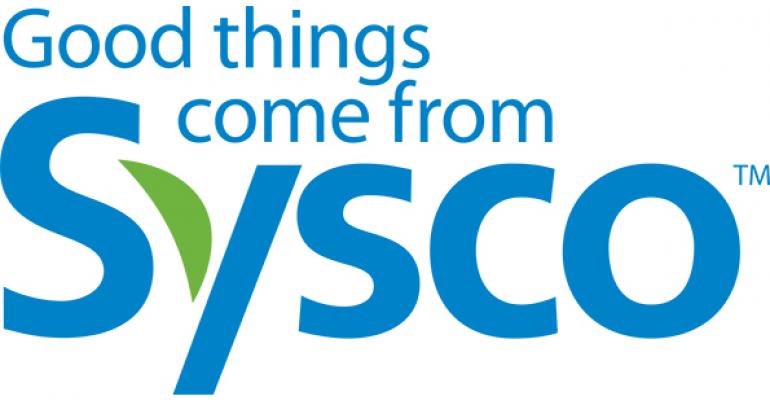Sysco Corp. is arguing in federal court that there is no national market for broadline foodservice distribution, and that local markets remain highly competitive, the company said Wednesday.
The Houston-based distributor is trying to get past a Federal Trade Commission move to block its proposed merger with US Foods, the nation’s second largest distributor, and the only other broadline distributor, at least before the merger, with a national reach.
The court filing was sealed, as are many other records in the legal battle between the FTC and Sysco. But Sysco issued a statement with its arguments.
“We look forward to presenting all of the facts in court and ultimately, through this merger, delivering better service at a lower cost through a more efficient, innovative and competitive combined company,” Sysco CEO Bill DeLaney said in the statement.
The FTC has requested a preliminary injunction to stop the merger, and a hearing on the injunction is scheduled for May 5. The hearing is expected to be key, because the loser of the injunction is expected to drop out.
Should the merger fall through, that could generate further questions, especially with US Foods, which has $4.7 billion in debt and has recorded a net loss for each of the past five years at least, due largely to heavy interest payments. The company recorded a $73 million net loss last year on $23 billion in net sales, according to SEC documents.
Sysco and US Foods announced their $8.2 billion merger in December 2013. The FTC objects to the merger on the grounds that the two companies represent the lion’s share of the market for national foodservice distributors. It also argues that the two are the only competitors in many local markets, and are relied on heavily by smaller chains and independents, as well as schools and hospital foodservice providers.
Sysco has been building its argument for some time that there is no national market for foodservice distribution, and that companies in local markets typically have many distributors to choose from.
The company’s witness list includes officials representing several different restaurant chains, including Subway, Culver’s, Del Frisco’s Restaurant Group, Five Guys Enterprises and others to discuss their foodservice purchasing strategies. Other witnesses for Sysco include Sodexo Inc., and companies representing medical foodservice companies.
Sysco argues that national restaurant chains typically contract with multiple distributors across different regions, and that they rarely contract with a single, nationwide company to distribute their products.
The company also argues that there are numerous competitors in the market, including smaller, super-regional foodservice distributors. Sysco says cash-and-carry stores, such as Costco and Restaurant Depot, provide competition in local markets, although the FTC says they are poor substitutes for food distributors.
In its release, Sysco noted that more than two dozen companies compete for business in San Diego, where the FTC claims that Sysco and US Foods have 100 percent of market share.
Sysco said synergies generated by the merger would save the company $600 million a year, which it could pass on to customers.
In addition, national competitors are likely to appear. Most notable is Performance Food Group, one of a handful of super-regional competitors that has agreed to buy US Foods facilities in 11 markets. Those facilities generate $4.6 billion in annual revenue.
Contact Jonathan Maze at [email protected].
Follow him on Twitter: @jonathanmaze





